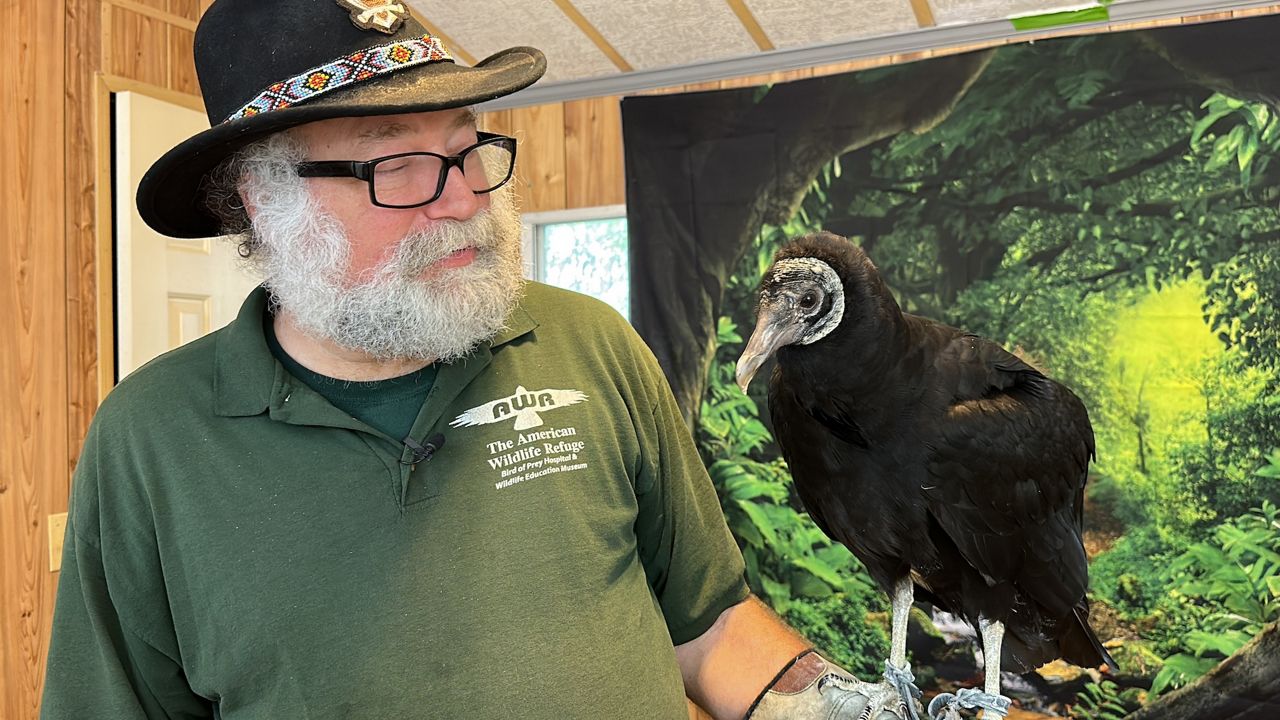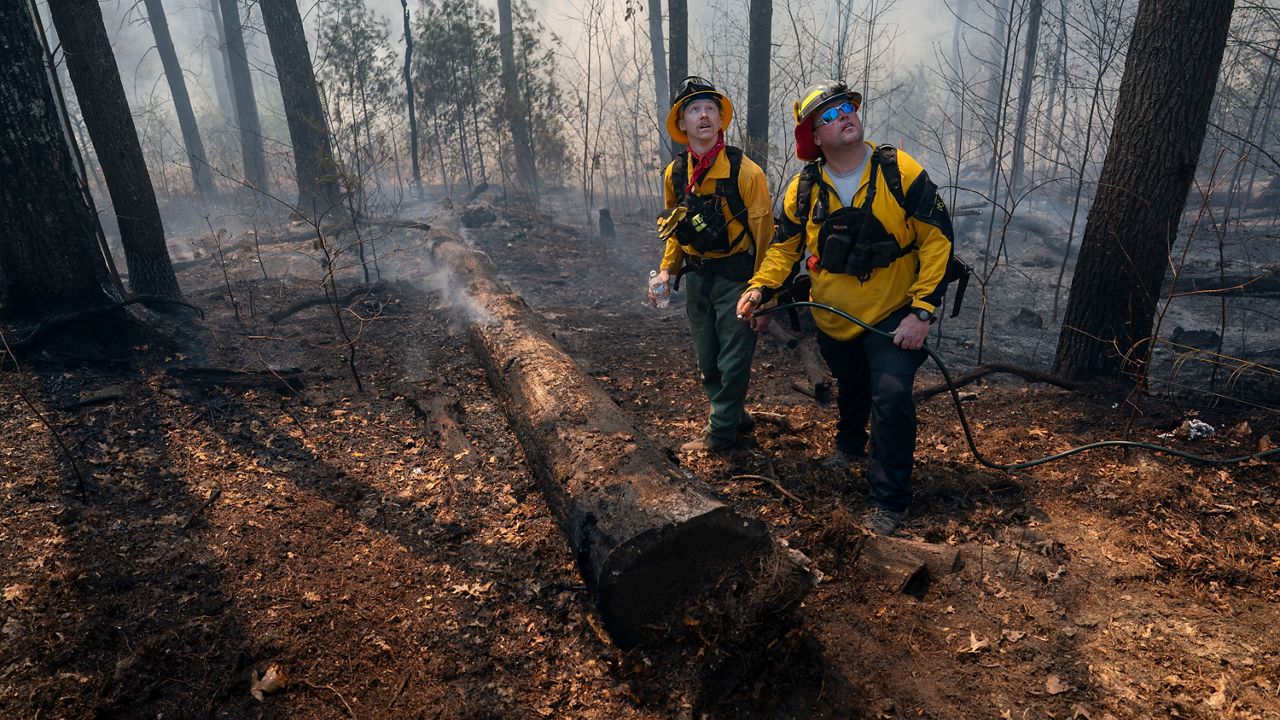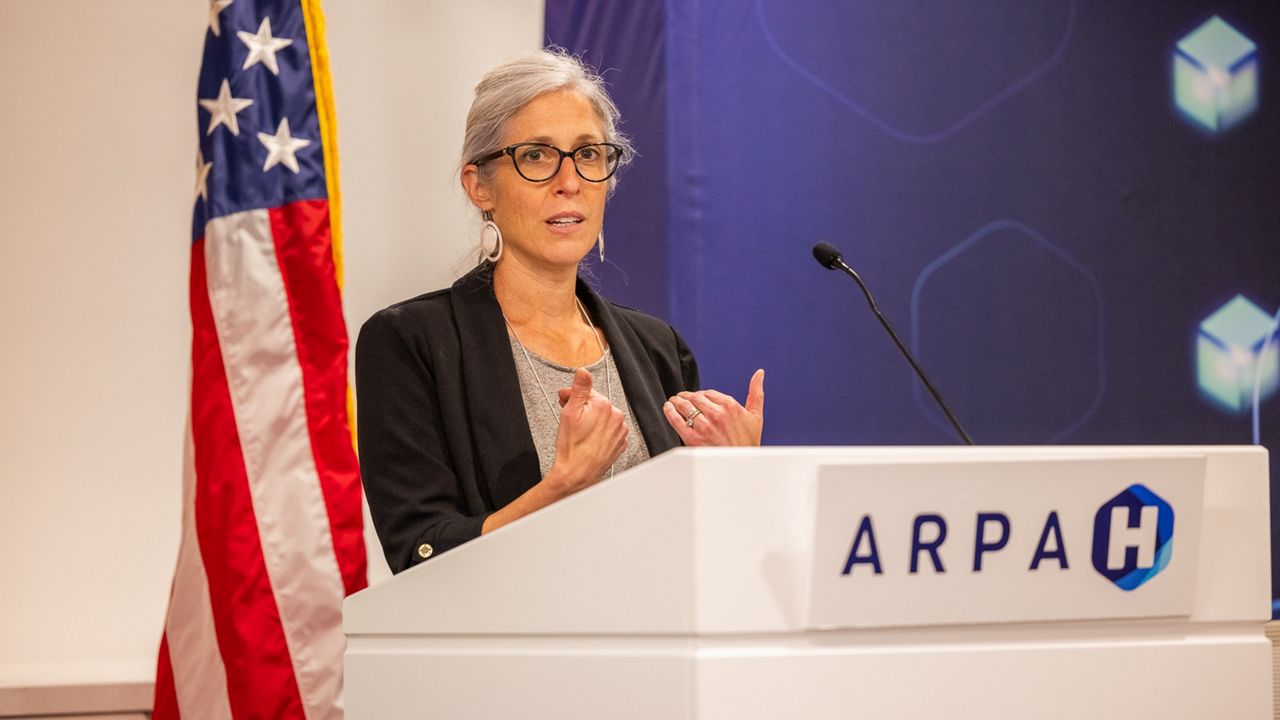CLAYTON, N.C. — A local organization helping rehabilitate birds of prey is facing a big challenge. The American Wildlife Refuge is struggling to make ends meet.
“When we first get them, sometimes they can't even move,” said Steve Stone, the director of animal care at the refuge.
Most of these birds of prey were hit by cars when Stone rescued them. At the refuge, they’re given a second chance at life.
“You kind of always get attached to the birds, unfortunately,” Stone said. “But the idea is that you're not really going to be keeping them. You're going to be helping them get back home.”
Stone has been running the nonprofit for 26 years, but before that he was a paranormal investigator.
“You hear a lot of noises at night,” Stone said. “And you never know what those noises are from. And I thought, wouldn't it be cool if you could know what noises are natural? And what noises are things that local animals make?”
Stone started studying birds under the previous head of the refuge and ended up inheriting the program. Since then, he’s had 50 to 80 raptors at any given time. Right now they only have 33 because they’re struggling to attract volunteers and funding.
Most of their funds come from presentations with educational birds. Most of the educational animals went through rehab but couldn’t be released back into the wild.

After some personal health issues earlier this year, Stone says he hasn’t gotten very many requests for shows. But by law, Stone’s educational birds have to do 12 shows per year in order to stay at the rescue, otherwise he has to find them a new home or euthanize.
Stone is hoping they get at least two shows a week in order to make enough money to keep the rescue running. That way he can continue his hard work of protecting these creatures.
“In all honesty, it's the animals,” Stone said. “You know, they need help. So I do what I can.”
Stone says a great way to protect these birds from getting hit by cars in the first place is to stop littering. Litter attracts animals that birds of prey like to eat. When they fly too close to the road, they can get hit by passing cars.
If you’re interested in donating to the American Wildlife Refuge or want to schedule a show, you can learn more on its website.









